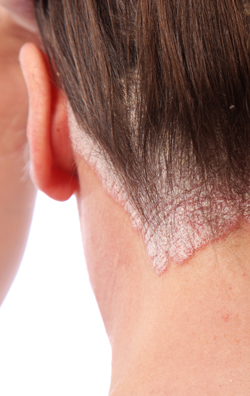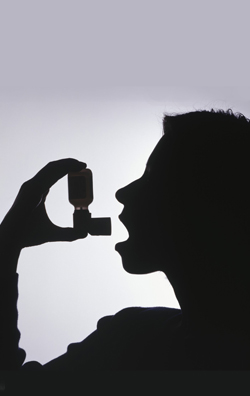
In humans there are 23 pairs of chromosome of which 22 pairs are known as autosomes and 1 pair (XX or XY) is known as sex chromosome. Father contributes to one chromosome and mother contributes to one chromosome of each pair.
Down syndrome is an autosomal disease (affecting the autosome) in which there is an extra copy of chromosome 21 due to faulty cell division leading the distinctive sets of symptoms of Down syndrome.
There are mainly three types of genetic variations; these are
1. Trisomy 21: it is characterized by extra abnormal copy of the autosome 21 due to faulty cell division process affecting the sperms or ovum. In this variety of Down syndrome all the cell of the body carries three 21 chromosomes. About 95% of the people having Down syndrome belong to this genetic variety.
2. Mosaic Down syndrome: in this variety of Down syndrome some of the cells of the body carry the extra copy of chromosome number 21. It occurs when there is faulty cell division after fertilization.
3. Translocation Down syndrome: it is characterized by attachment of part of chromosome 21 to another chromosome usually during or after conception. In this variety of Down syndrome there are the usual two copies of 21 however genetic material from chromosome 21 are attached (translocated) to the affected chromosome.
As such no behavioral or environmental factors are known to cause Down syndrome.
Down syndrome in most of the affected person is not inherited rather it occurs due to faulty cell division during development of ovum, sperms or the fetus (embryo) itself.
Among all the genetic varieties of Down syndrome, the translocation variety is the only form which can be inherited from affected parent(s). Although around 4% of the total Down syndrome population have this type genetic abnormality. Also even in this variety of Down syndrome only one third of the total number of children (having at least a parent with Down syndrome due to translocation abnormality) is affected.
Again in Down syndrome where the there is translocation of genetic material from chromosome 21. Now in cases where either of the parents has rearranged genetic material rather than extra amount of genetic material, the parents are considered as balanced carrier without any external manifestation (symptoms) of the underlying genetic abnormality of Down syndrome although this type of persons are capable of passing the translocated genetic material to the next generation.
The risk of getting the extra genetic material depends upon the sex of the carrier parent affected. In cases where the father is affected the risk is 3% whereas, if the mother is the balanced carrier, the risk is about 10% to 15%.





